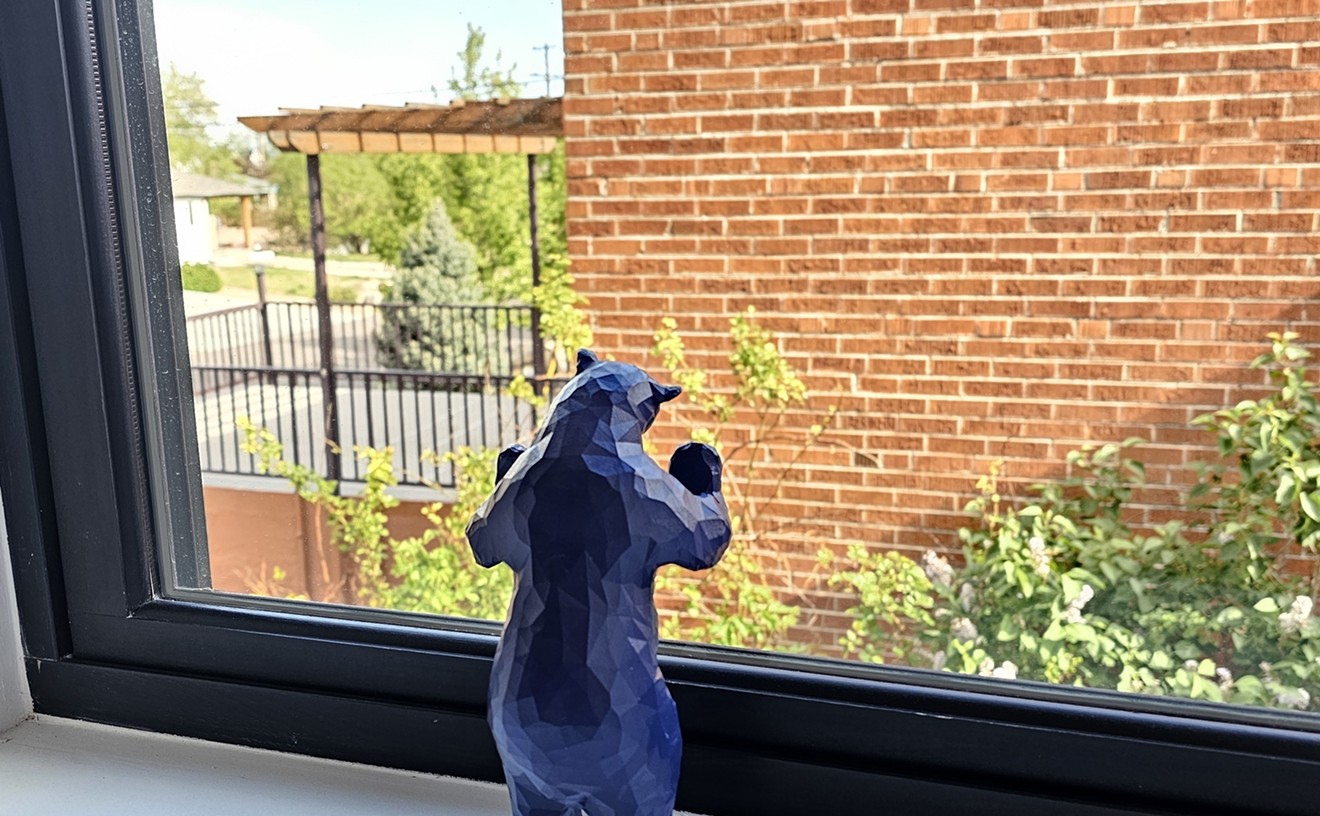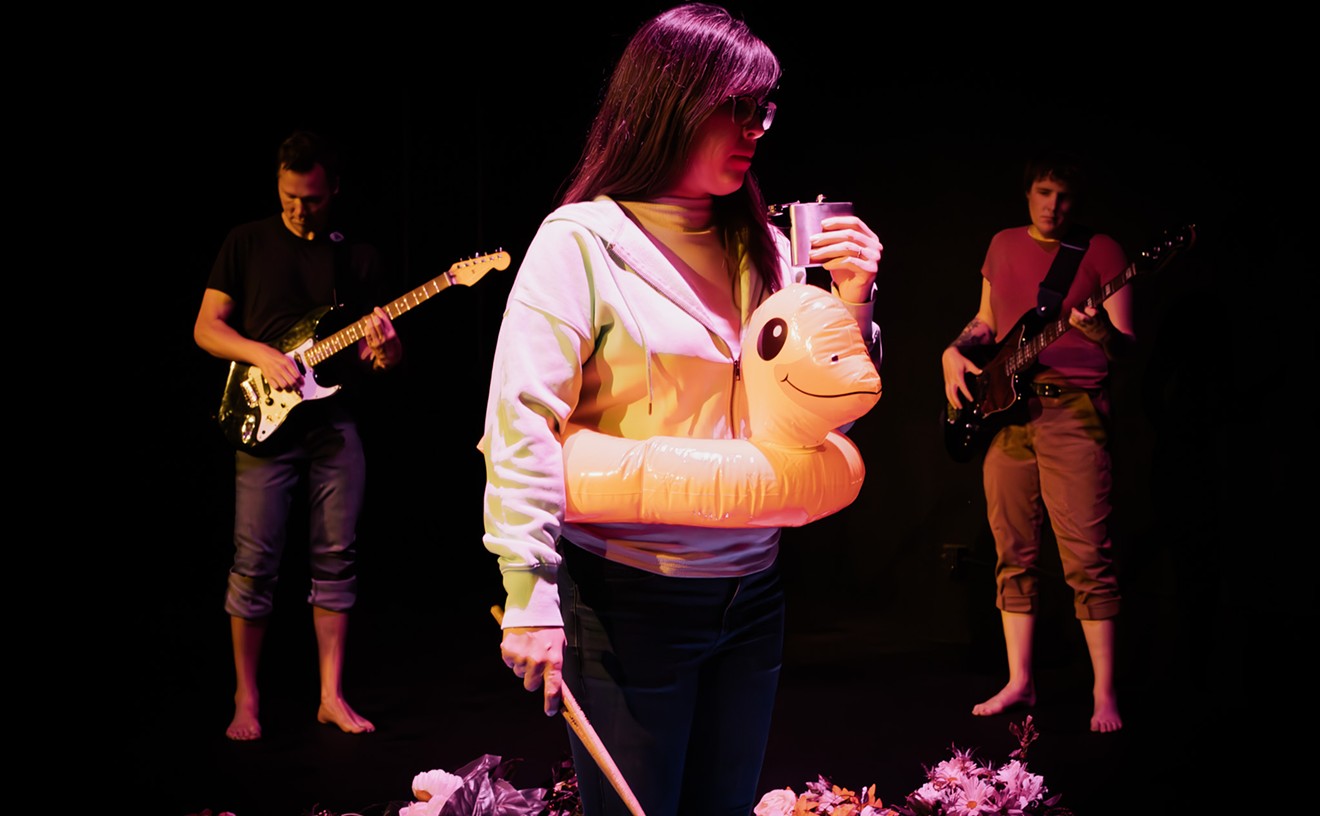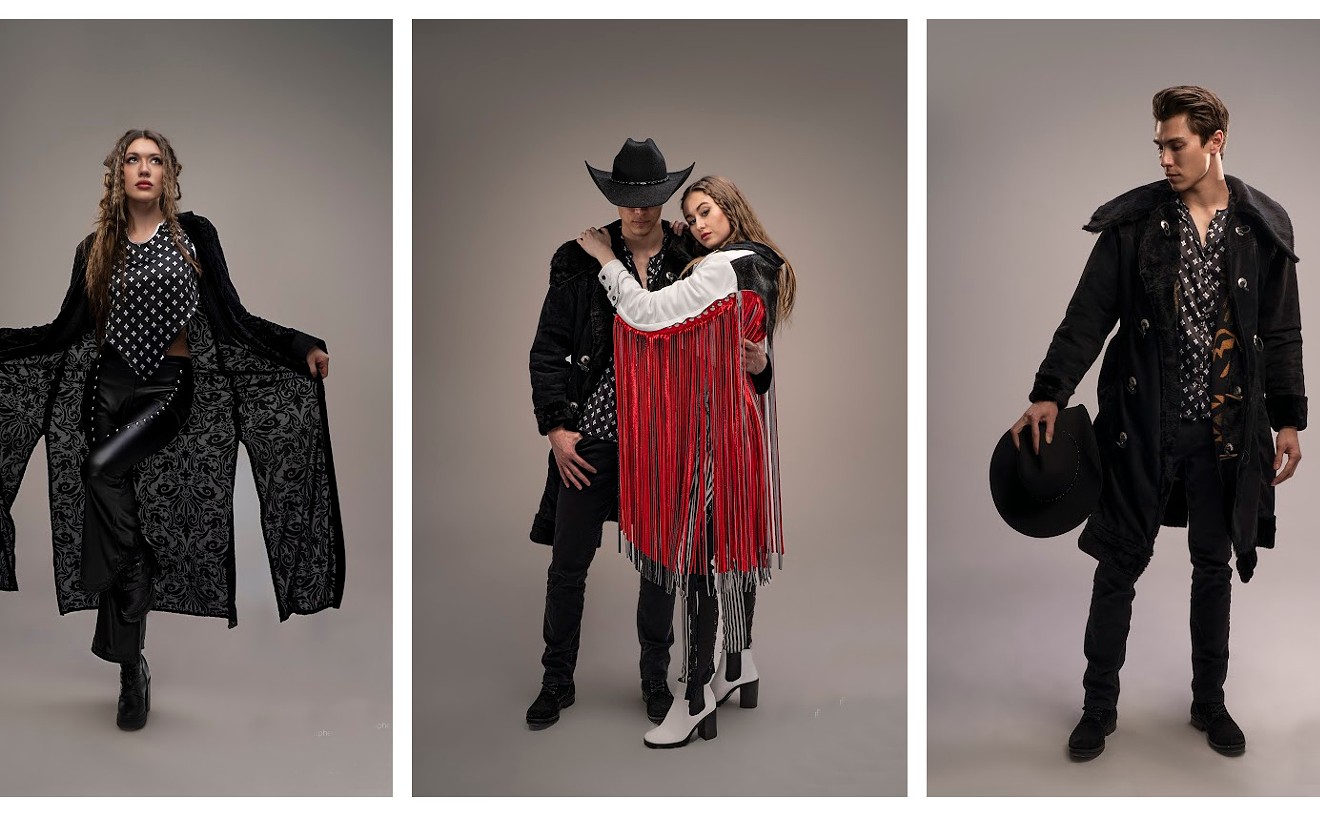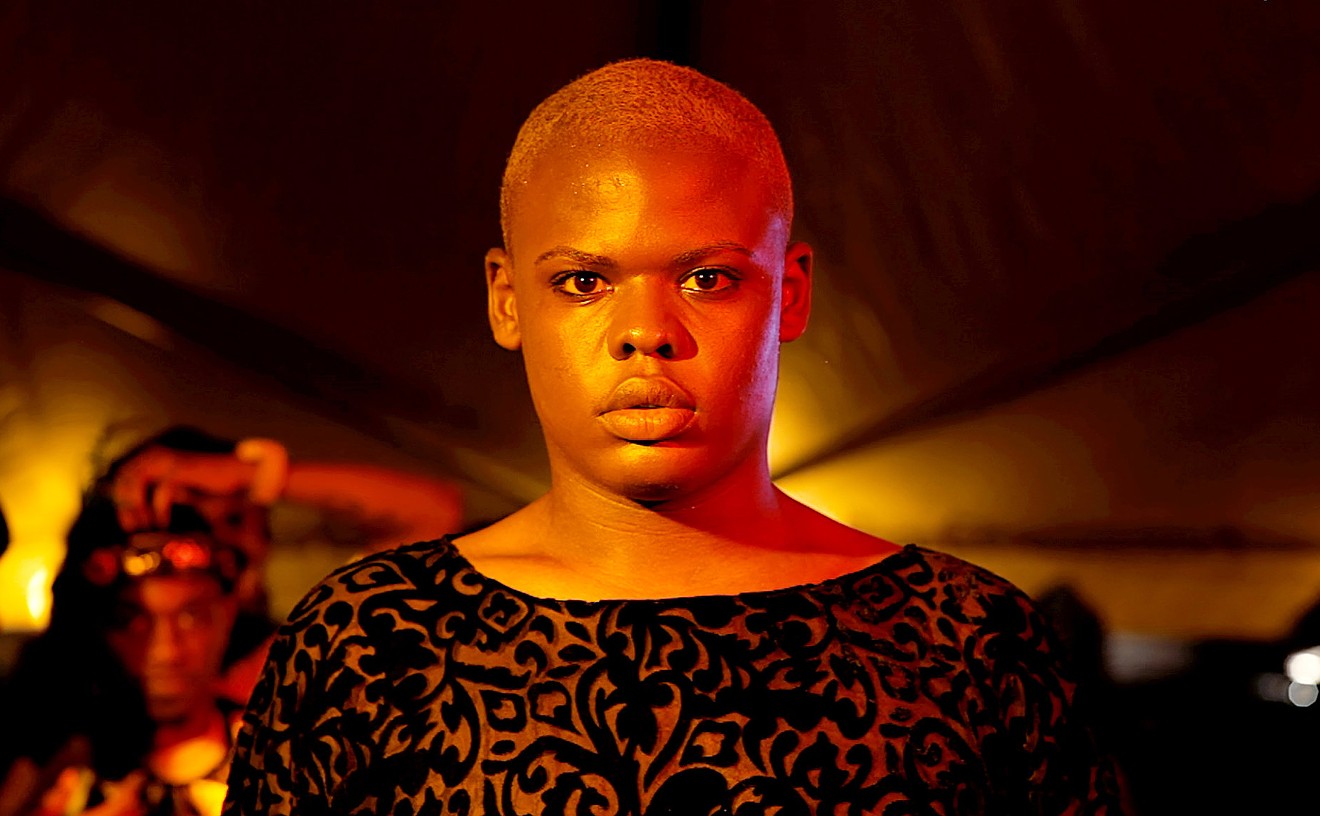Rare as those occasional success stories are, they're a reminder that audiences will tolerate just about any subject in the theater provided that the play in question treats its characters and their concerns with respect. However, the instant a dramatist wallows in self-pity or weighs invective against the play-going public's good-natured instincts, paying customers will begin to plot an early escape from the theater.
Surprisingly, that malady doesn't afflict the Hunger Artists' production of The Lady From Dubuque, a play by Edward Albee that takes on touchy subjects, death among them. The audience is clearly uncomfortable when the actors begin the play by discussing such mature subjects as sexuality, but most spectators are held rapt by several theatrical techniques that Albee has used to his advantage in the past. The action begins, for example, with a game of Twenty Questions, a merriment that initially amuses and gains the trust of an unsuspecting crowd; the actors frequently talk directly to audience members, thereby enforcing our attention; and two strange characters (later discovered to be angels of death) enter the play near the end of the first act, piquing our interest in what the second half will offer.
Unfortunately, Albee runs out of attention-holding games in the second act. We know, for instance, that the two angels will interact with Jo (Lisa Mumpton), a woman dying of cancer (as she grows so fond of telling everyone in the theater), and her husband, Sam (G. Scott Campbell). We further anticipate that their boorish friends Fred (Eric Fry), Lucinda (Kristin Teig), Edgar (Michael Katt) and Carol (Joan Staniunas) will show up at their home to throw in their few cents' worth, as they have in the first act.
What we don't expect is for Albee to turn his second act into a jumble of half-baked ideas and non sequiturs that thoroughly confuse us just when we expect enlightenment. It isn't so much that we want answers to the sometimes interesting questions he raises. What we do expect is to be able to make sense of the onstage action. And that, despite the best efforts of director Jeremy Cole and his cast, doesn't happen.
Some might argue that the play's confusion is intentional, that because Albee is widely regarded as an "absurdist," his plays don't have to make sense. That's mostly a misperception about absurdist plays, which seek to illustrate the hopelessness of the human condition through a series of nonsensical and unrelated events. Albee, though clearly influenced by this type of thinking, has never given in to such a nihilistic view of the world. For him, there's always a speck of hope at the end of the proverbial tunnel.
No, what happens in this play is simply the result of a dramatist's misfiring, the haphazard scribbling of a playwright who has never been shy about exploring new ways of communicating with his audience. In this instance, except for an occasional illuminating thought, Albee leaves us completely in the dark.
--Lillie
The Lady From Dubuque, a Hunger Artists production through December 13 at the Arts Center of the West, 721 Santa Fe Drive, 893-5438.










